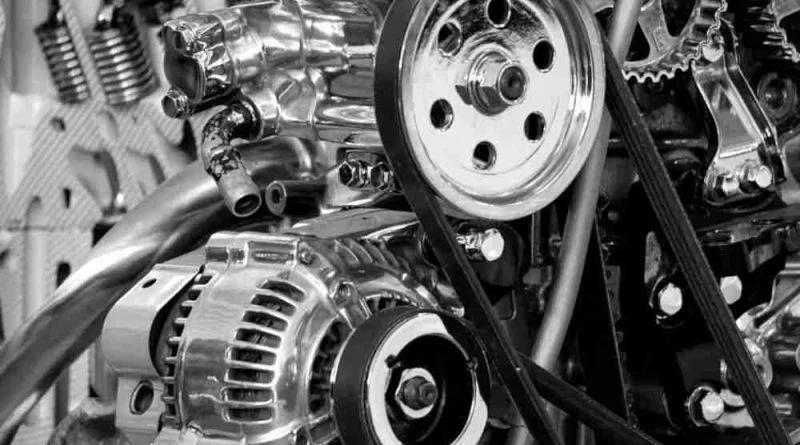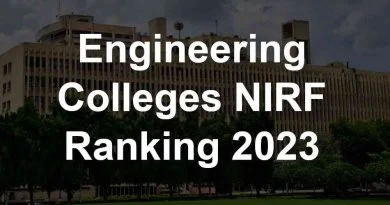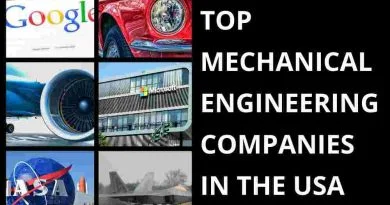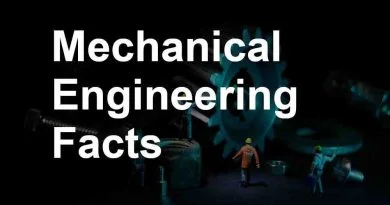Automobile Engineering Subjects
Automobile Engineering (AE) is a branch of engineering in which the study of manufacturing, designing, production, maintenance and mechanical mechanisms of automobiles. It is an introduction to vehicle engineering which deals with cars, motorcycles, trucks, buses, etc.
Automobile Engineering also known as automotive engineering is a branch of vehicle engineering in which the study of mechanical, electrical, safety, electronic, software, maintenance and operation of vehicles. It also includes modification, repairing, fabrication, development and operation of vehicle.
development and operation of vehicle.
Skills Requires for Automobile Engineering:
The following skill sets you have to require becoming a good automobile engineer:
- Presentation Skills
- Creativity
- Excellent Knowledge
- Commercial Awareness
- Excellent Technical Skills
- Interpersonal and Communication Skills
- Good Organisational Skills
Automobile Engineering Eligibility Criteria:
The basic eligibility criteria for pursuing Diploma in Automobile Engineering is qualifying 10th examination to get an admission in First Year and 10+2 examination to get an admission in Direct Second Year, with good qualifying marks in English, Science and Mathematics.
The basic eligibility criteria for pursuing Degree in Automobile Engineering or B.E. (Bachelor in Automobile Engineering) is qualifying 10+2 or equivalent examination to get an admission in First Year and good qualifying, marks in Physics, Chemistry and Mathematics with minimum 60% of aggregate marks or Diploma to get an admission in Direct Second Year with minimum 60% of aggregate marks.
A Joint Entrance Exam (JEE) is conducted by Indian Institutes of Technology (IIT). The entrance in IIT can be only secure by clearing JEE examination.
The basic eligibility criteria for pursuing M.E. (Masters in Electrical Engineering) after passing the graduation/ degree in Electrical Engineering.
Scope of Automobile Engineering:
Automobile engineering is also known as automotive engineering, is a specialized branch of mechanical engineering that deals with the design, development, production, manufacturing, testing, and maintenance of vehicles, including cars, motorcycles, bikes, trucks, buses, and off-road vehicles. The scope of automobile engineering is vast and dynamic, offering a wide range of opportunities in various sectors and continues to expand with advancements in technology and evolving consumer preferences.
Automobile engineers also have huge opportunities in private sector such as in multi-national companies and in public sector such as government organizations like government manufacturing units, power plants and technical institutions.
The subjects to study in Automobile Engineering include:
| English |
| Physics |
| Chemistry |
| Mechanics |
| Engineering Graphics |
| Mathematics-I |
| Mathematics-II |
| Mathematics-III |
| Applied Science |
| Communication Skills |
| Engineering Drawing |
| Mechanics of Materials |
| Strength of Materials |
| Production Process |
| Engineering Thermodynamics |
| Environmental Studies |
| Fluid Mechanics and Machinery |
| Automotive Engines |
| Statistics and Numerical Methods |
| Engineering Materials and Metallurgy |
| Design of Machine Elements |
| Automotive Transmission |
| Applied Thermodynamics and Heat Transfer |
| Automotive Electrical and Electronics |
| Automotive Chassis Components Design |
| Automotive Engine Components Design |
| IC Engines |
| Advance Theory of IC Engines |
| Vehicle Maintenance |
| Vehicle Dynamics |
| Vehicle Body Engineering |
| Marketing Management |
| Automotive Pollution and Control |
| Automotive Safety |
| Engine and Vehicle Management System |
| Basic and Advanced Computer-Aided Design |
| Power Engineering |
| Management |
The elective subjects to study in Automobile Engineering include:
| Refrigeration and Air Conditioning |
| Building Construction |
| Disaster Management |
| Robotics |
| Theory of Composite Materials |
| Advanced Fluid Dynamics |
The laboratory and practical’s to study in Automobile Engineering include:
| Physics |
| Chemistry |
| Workshop |
| Applied Science |
| Engineering Mechanics |
| Strength of Materials |
| Engineering Thermodynamics |
| Fluid Power |
| Manufacturing Technology |
| CAD and Applied FEA |
| Engine Performance and Emission Testing |





